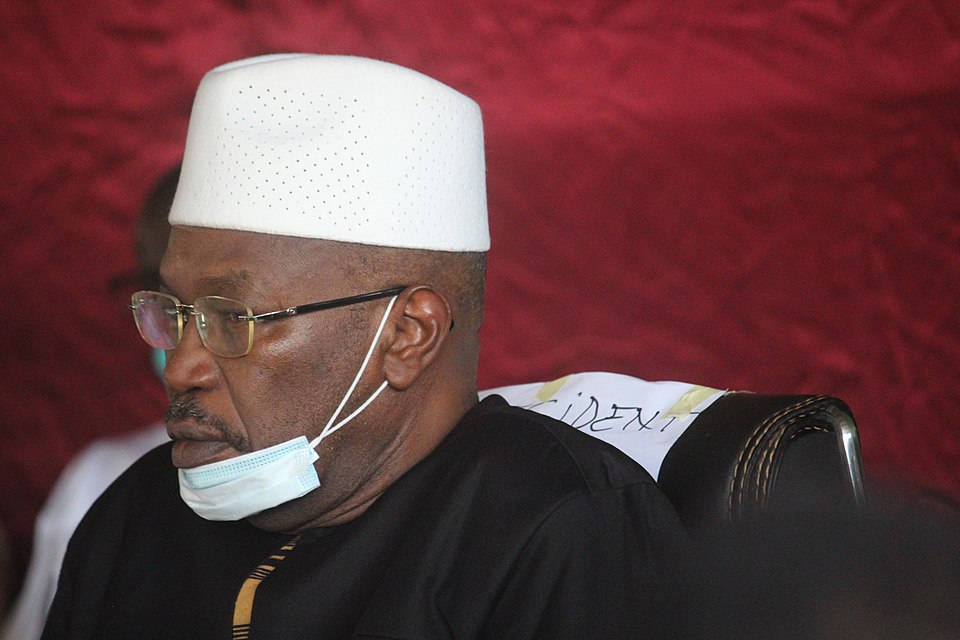Guinea’s liquidity crisis deepens: Ex-central bank governor urges urgent monetary reform

The ongoing liquidity shortage afflicting several commercial banks in Guinea has sparked growing alarm among depositors and economic actors alike.
Dr. Ousmane Kaba, renowned economist and former Governor of the Central Bank of the Republic of Guinea (BCRG), offered a detailed technical analysis of the crisis in a recent video shared on his platforms, warning of broader economic risks if the situation persists.
Dr. Kaba began by clarifying a common misconception: “Insolvency is when banks extend bad loans that cannot be repaid.
This is not the case.”
He stressed that the current turmoil stems from a liquidity crunch—a frequent phenomenon in many economies, but one that can worsen due to misguided monetary and fiscal policies.
Central to the problem, Dr. Kaba identified the Central Bank’s refinancing approach as a key factor.
“Do banks not have access to the money they deposit with the Central Bank? Or does the Central Bank refuse to refinance them?” he questioned, pointing to a possible deliberate tightening of liquidity.
He linked this policy to excessive government spending.
“Usually when this happens, it’s because the central bank has overspent the government, unplanned spending that we call extra-budgetary spending that leads to uncontrolled money creation,” Kaba explained.
The fallout from this crisis, he warned, is a dangerous erosion of public trust in the banking sector.
“This climate is pushing many citizens to massively withdraw their deposits to keep them at home, a practice known as hoarding, which further weakens the banks,” he said.
The economic consequences, Kaba cautioned, could be severe: “Otherwise, we will have impacts on growth, on investment, on consumption.”
To address the crisis, Dr. Kaba proposed urgent reforms: “The BCRG should review its issuance and refinancing policy, and banks should have unlimited and immediate access to their own deposits.”
He further stressed the imperative of restoring confidence and insulating monetary policy from political interference.
“The state must not influence monetary creation.
Fiscal discipline must be respected,” he concluded.
As Guinea grapples with this liquidity squeeze, the coming weeks will be critical in determining whether decisive reforms can stabilize the banking sector and safeguard the country’s fragile economic recovery.
About The Author
dailymailafric
I am an avid African news observer, and an active member of Daily Mail Africa.
I’m Passionate about staying informed on diverse topics across the continent,
I actively contribute to publishing on political, economic and cultural developments in Africa.



